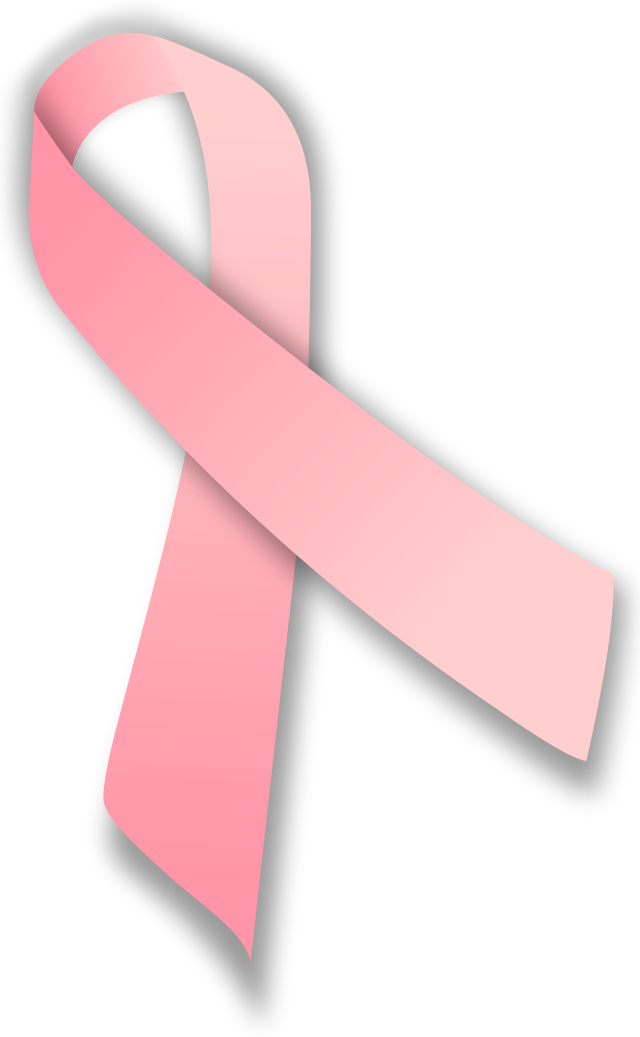And the answers are rolling in:
Susan McPherson at the Chronicle of Philanthropy says that the focus of Pinktober breast cancer awareness campaigns should extend to American women of color, who are 40 percent more likely to die from breast cancer than white women, to working-class communities, and outside United States borders to the “developing world,” where women are also more likely to die from the disease.
Breast Cancer Action’s Think Before You Pink project coins the term “pinkwashing” and gives us a list of questions to ponder before purchasing pink ribbon-emblazoned merchandise, including “Does this purchase put you or someone you love at risk for exposure to toxins linked to breast cancer?” and “Is there a ‘cap’ on the amount the company will donate? Has this maximum donation already been met?”
Susan Sered at Bitch Media argues that breast cancer shouldn’t be used as a commodity or treated as some sort of “measure of one’s moral fiber”: breast cancer “survivors” (the word choice is problematic) are viewed as having somehow “fought harder” than breast cancer “victims.” And as Sered explains, breast cancer culture actually “undermines women’s health” by “leading people to believe that far greater strides have been made in preventing and treating breast cancer than have actually been made,” resulting in decreased donations to breast cancer charities.
Seporah Raizer at the Huffington Post says that “awareness is the new ignorance”: “People go around showing off their newpink swag like they’re the bee’s knees, but ask them what the symptoms of inflammatory breast cancer are, or if they’ve heard of triple negative breast cancer, or lymphedema, and you’ll get a blank stare and a change of subject.”
The real questions being asked by the authors of these articles are: What is Pinktober responsible for? What is its role and what should its goals be? The disproportionate number of black and working-class deaths from breast cancer that McPherson discusses, for example, is not so much due to a lack of “awareness” about breast cancer than to seriously flawed health care, education, and social welfare policies. Should Pinktober campaigns address non-breast cancer-specific issues like improving health care access in rural areas? On broad, far-reaching issues like achieving racial equality in education? Solutions to these problems would ultimately save the lives of minority and disadvantaged women with breast cancer. But what lies within the realm of Breast Cancer Awareness month, and what is simply beyond Pinktober?
Readers, tell us what you like or loathe about Pinktober. Extra credit if you’ve learned anything interesting, useful or even inspiring from the heightened media attention to breast cancer this month.

